Nvidia and AMD have agreed to pay the US government 15% of their revenue from chip sales in China, according to the FT. The two chipmakers agreed to the deal as a condition of being granted export licenses to the Chinese market in early August.
Just two days after Nvidia CEO Jensen Huang met with President Trump, the US Commerce Department began issuing export licenses for the company's H20 chips on August 8. The administration has also begun issuing licenses for AMD's chips destined for the Chinese market.
The agreement between the two companies to make financial concessions in exchange for the right to continue doing business is unprecedented. No American company has ever agreed to pay a portion of its revenue in exchange for an export license, according to export control experts.
AMD did not respond to a request for comment from the FT. Nvidia, meanwhile, did not deny that it had agreed to the deal. “We comply with US government regulations for participating in global markets,” the company said.

Nvidia CEO Jensen Huang speaks about investing in the US alongside President Donald Trump in April (Photo: AFP).
Analysts at research firm Bernstein estimate that Nvidia will sell about 1.5 million H20 chips to China by 2025, generating about $23 billion in revenue. Officials say the Trump administration has yet to determine how the money will be spent.
The move comes after controversy surrounding the H20 chip, which Nvidia adapted for the Chinese market after President Joe Biden imposed strict export controls on more advanced chips used for artificial intelligence.
In April, the Trump administration said it would ban H20 exports to China. However, in June, Trump changed his mind after meeting with Jensen Huang at the White House.
In the weeks that followed, Nvidia grew concerned that the Bureau of Industry and Security (BIS), the Commerce Department agency responsible for export controls, had yet to issue any licenses. Huang raised the issue with Trump at a meeting on June 6, and received the license two days later.
However, the decision is also facing criticism for selling the chip to China. US security experts, including some BIS officials, believe that H20 will support the Chinese military and weaken US power in the field of artificial intelligence.
The two countries are currently engaged in trade talks. The US Commerce Department has been directed to freeze new export controls to avoid raising tensions with Beijing.
Meanwhile, China is also pushing to loosen controls on high-bandwidth memory chips, a key component in the production of advanced AI chips.
Source: https://dantri.com.vn/kinh-doanh/nvidia-vua-co-thoa-thuan-lich-su-voi-chinh-phu-my-20250811145449676.htm




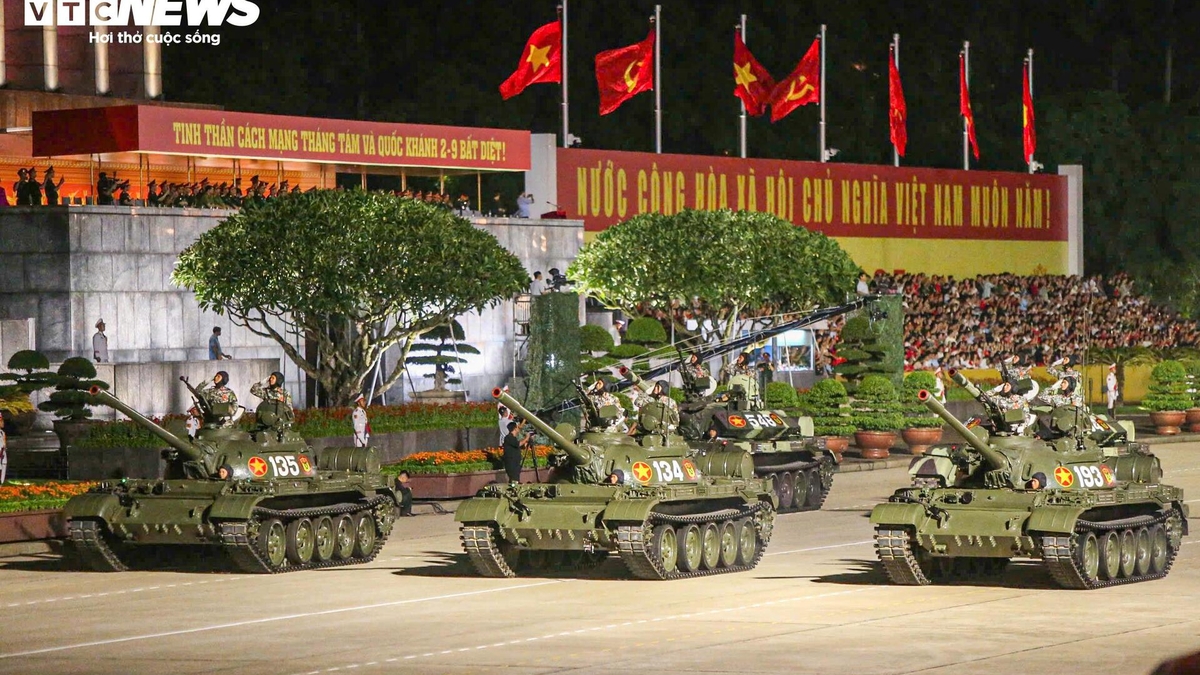

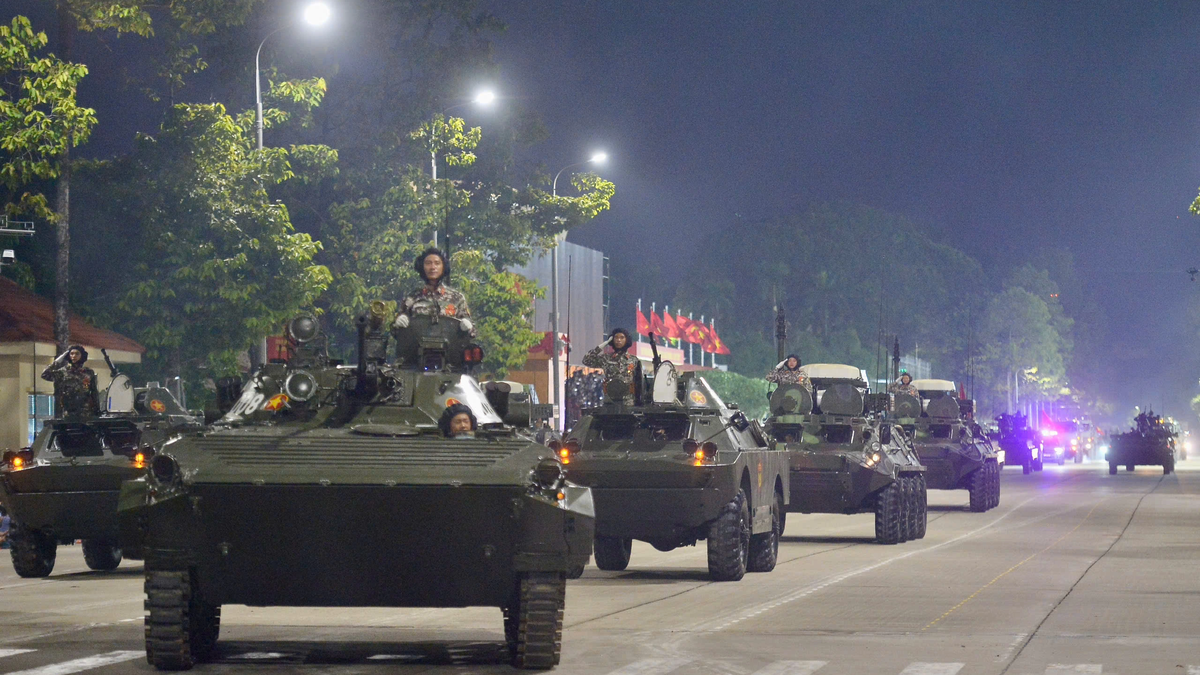
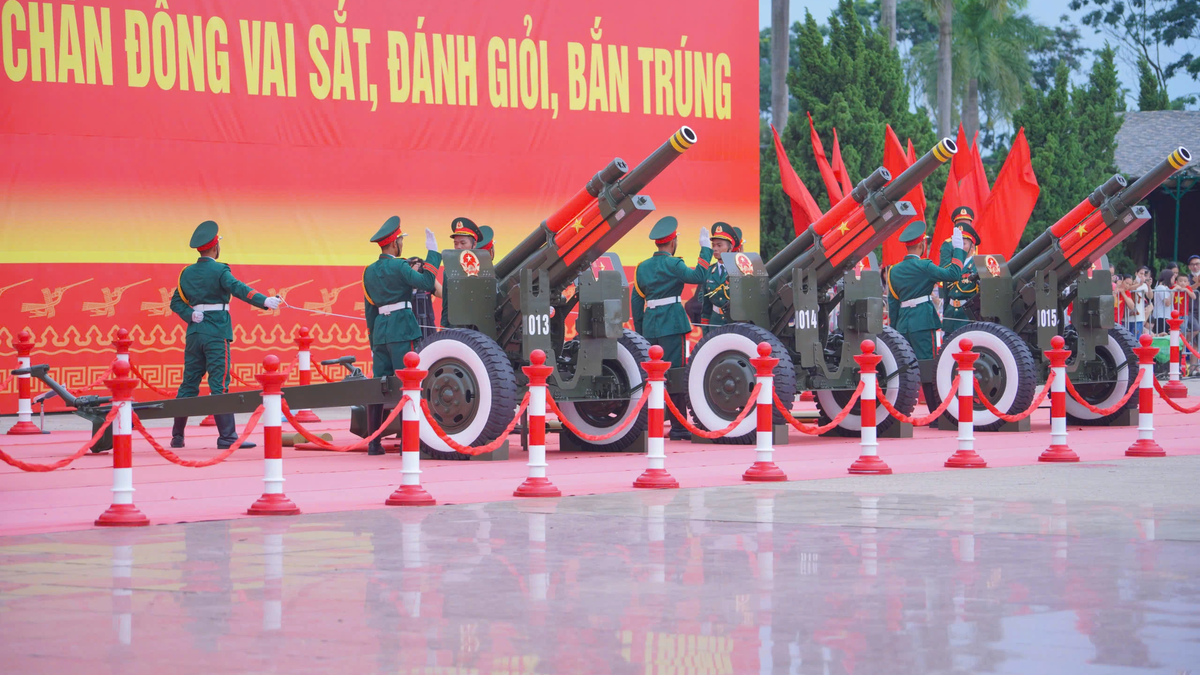

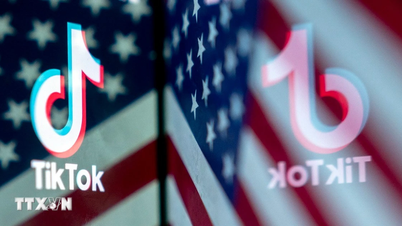







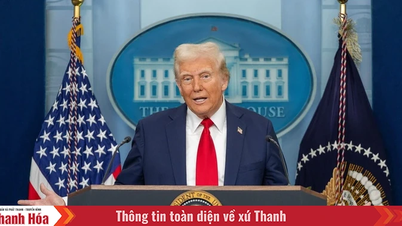


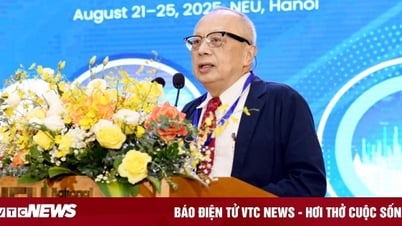

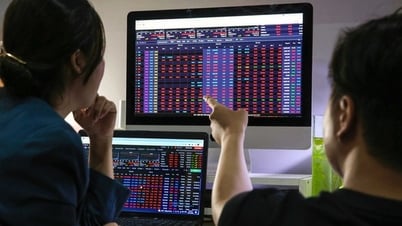


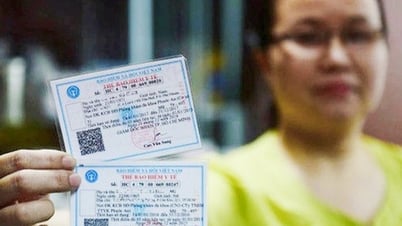




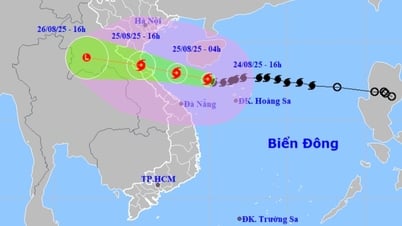





















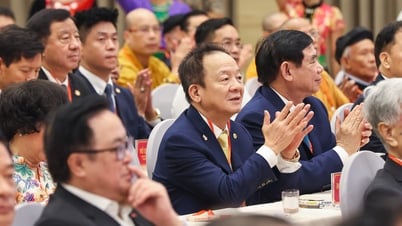












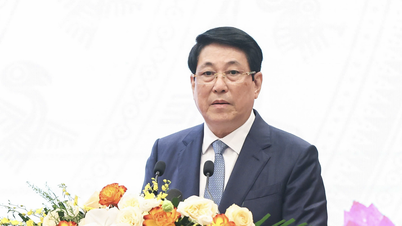







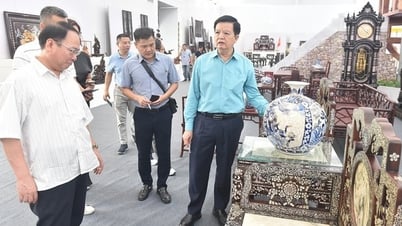














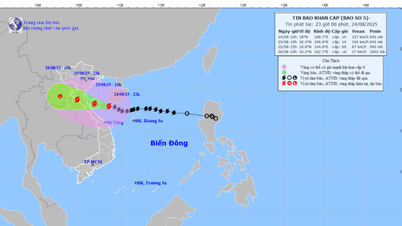


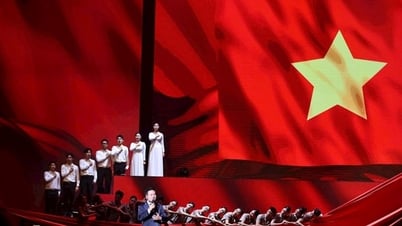















Comment (0)